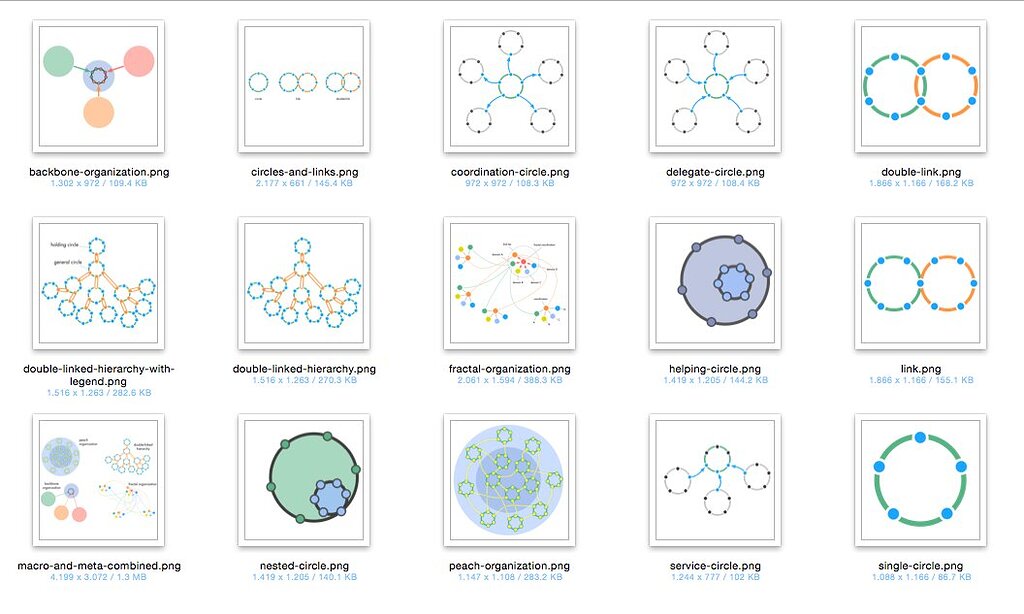Starting with the posted link and in more recent discussions of Standardising on ActivityPub Groups I have been advocating for some time to make “Community” a native concept of the Fediverse. Something that better represents communities in the real world: groups and individuals with intricate social relationships between them.
Why?
The following toot by @cicatriz_jdr provides one reason:

“”… and these ‘instances’ are all on separate servers, so it’s totally decentralized. but posts on one instance ‘federate’ with other instances, except when they don’t, which basically half the time. now here’s where it gets tricky…“”
And the follow-up by @throwawaygiraffoid is more hilarious even:
“THERAPIST: And those ““instances”” are they ““federating”” with us right now?”
With a community-native fedi you can avoid talking on the INFRASTRUCTURE level…
Fediverse: Peopleverse!
“Yes, the Fediverse is an online world-wide social space where there are numerous communities where you can meet people. They all have different themes and activities and you just join where lies your interest. Or create your own community for your friends and family on whatever has your passion.”
To explain why the fediverse is such a nice place, I like to say that it is made up of communities that have their own rules and keep their own neighbourhood clean. That also explains why we have less problems with moderation than a global monopolistic platform, but that may not be a good opening sentence. The disadvantage is that you then have to additionally explain that you can still talk to (almost) anyone. For explaining how it works technically, the email system is really helpful.
Yea. I feel being able to clearly separate the parts of the discussion on why a typical traditional social media ‘user’ should consider to become a fedizen, and the follow-up to a still understandable and not-too-technical elaboration on how it works, and why it is important to make a switch.
The first part of your story is a good addition to the “Fediverse: Peopleverse!” storytelling, just like I also didn’t mention that all communities can interact with one another. But starting to talk about moderation is already part of the ‘deep-dive’ discussion. A typical user does not think “Let me check how it is moderated, before I install TikTok”. They are enticed by colorful screenshots and peer pressure of friends to install. And installing apps is a very low-barrier habit: “Oh, nice app” --> installs.
Maybe people I hang out with are different. Climate scientists and especially female scientists get a lot of hate. People I know tend to be fed up with the terrible atmosphere and harassment, but they are locked in.



